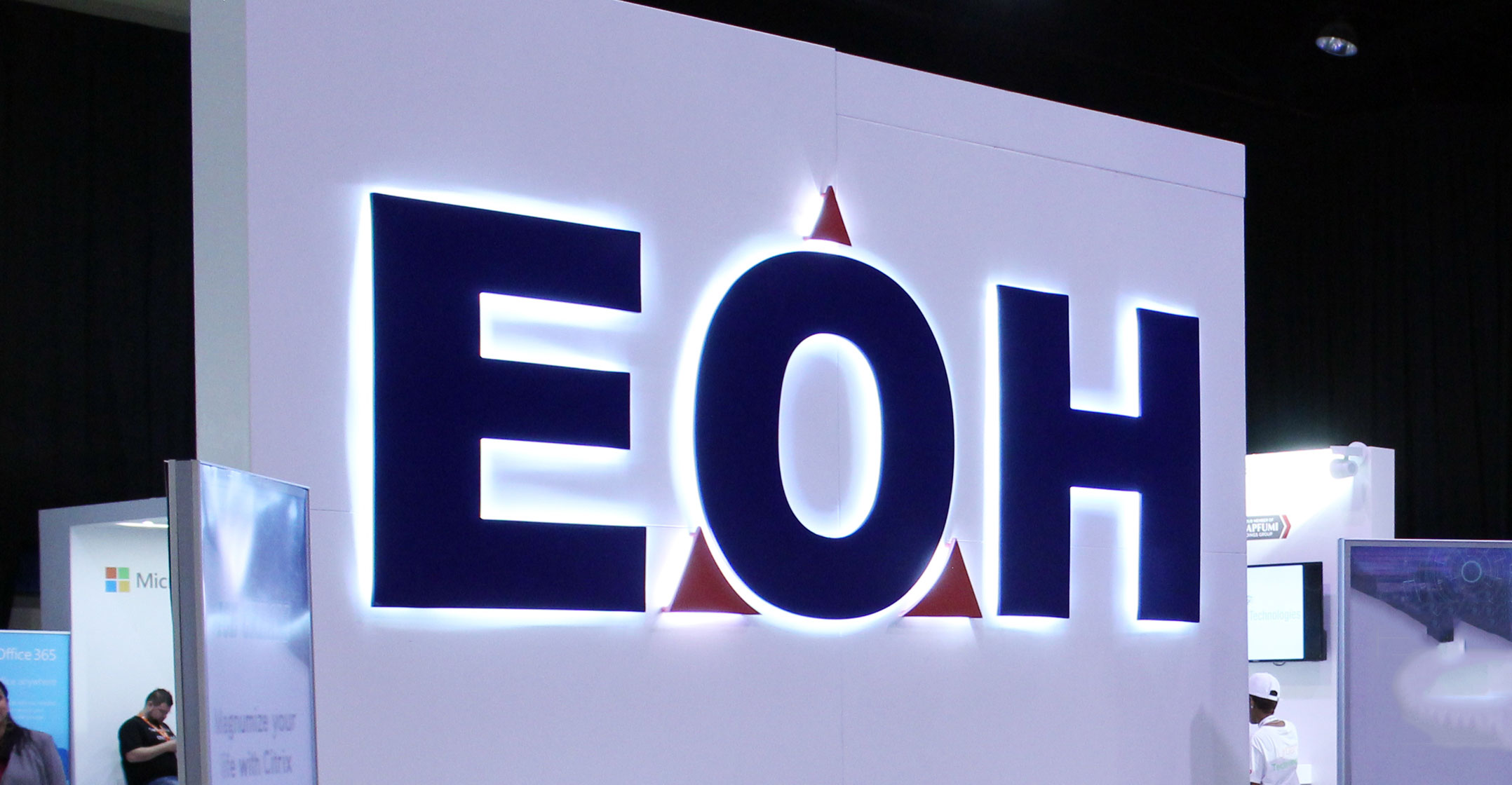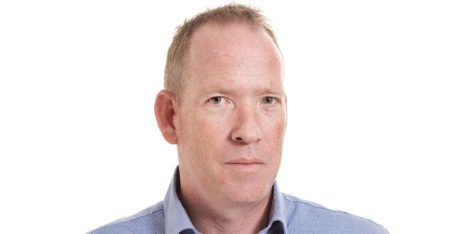
EOH Holdings, the ICT firm that is splitting into two divisions, will consider spinning off one of the units and trading the shares separately.
The Johannesburg-based company plans to lump its ICT businesses under the EOH brand while hiving off the subsidiary that provides specialised solutions for high-growth industries such as healthcare and water sanitation under the new Nextec brand, EOH said in a statement on Wednesday. The holding company will oversee both divisions once the separation is completed from 1 August, it said.
“The split presents an opportunity to list the units separately,” Zunaid Mayet, who has relinquished his role as CEO of EOH to head Nextec, said in an interview. “If it makes commercial sense and will unlock value for shareholders, it will be an avenue that we will explore.”
EOH’s shares extended gains to trade 5.6% higher at R26.62 as of 4.17pm in Johannesburg. That pares its drop this year to 60%, among the five worst performers in the FTSE/JSE Africa All Share Index. As part of the company revamp, EOH also reorganised its board to remove some executives while adding nonexecutive directors and appointed law firm ENSafrica to improve governance and better screen new business partners.
The restructuring of EOH is a move in the right direction, said Ron Klipin, a senior analyst at Cratos Capital in Johannesburg.
“A separate listing could provide the market with two focused entities which have different operating models,” he said. “One could get a better see-through value with more transparency.”
Nextec will consider acquisitions while EOH will focus on expanding its existing business, the CEO said. “There are opportunities for mergers and acquisitions in the different sectors, as well as room for organic growth,” said Mayet.
The new unit will be funded by the holding structure while the businesses still fall under one group. The company is not considering a rights issue to raise funds at the moment, said Mayet.
EOH further plans to consolidate an international business that spans the Middle East, Turkey and 29 African countries, under the holding structure. Currently 90% of its business comes from South Africa where it operates in a R230-billion industry.
“We currently have about 8% market share,” Mayet said. “There is a lot of headroom to also grow in South Africa still.” — Reported by Loni Prinsloo and Thembisile Dzonzi, (c) 2018 Bloomberg LP




